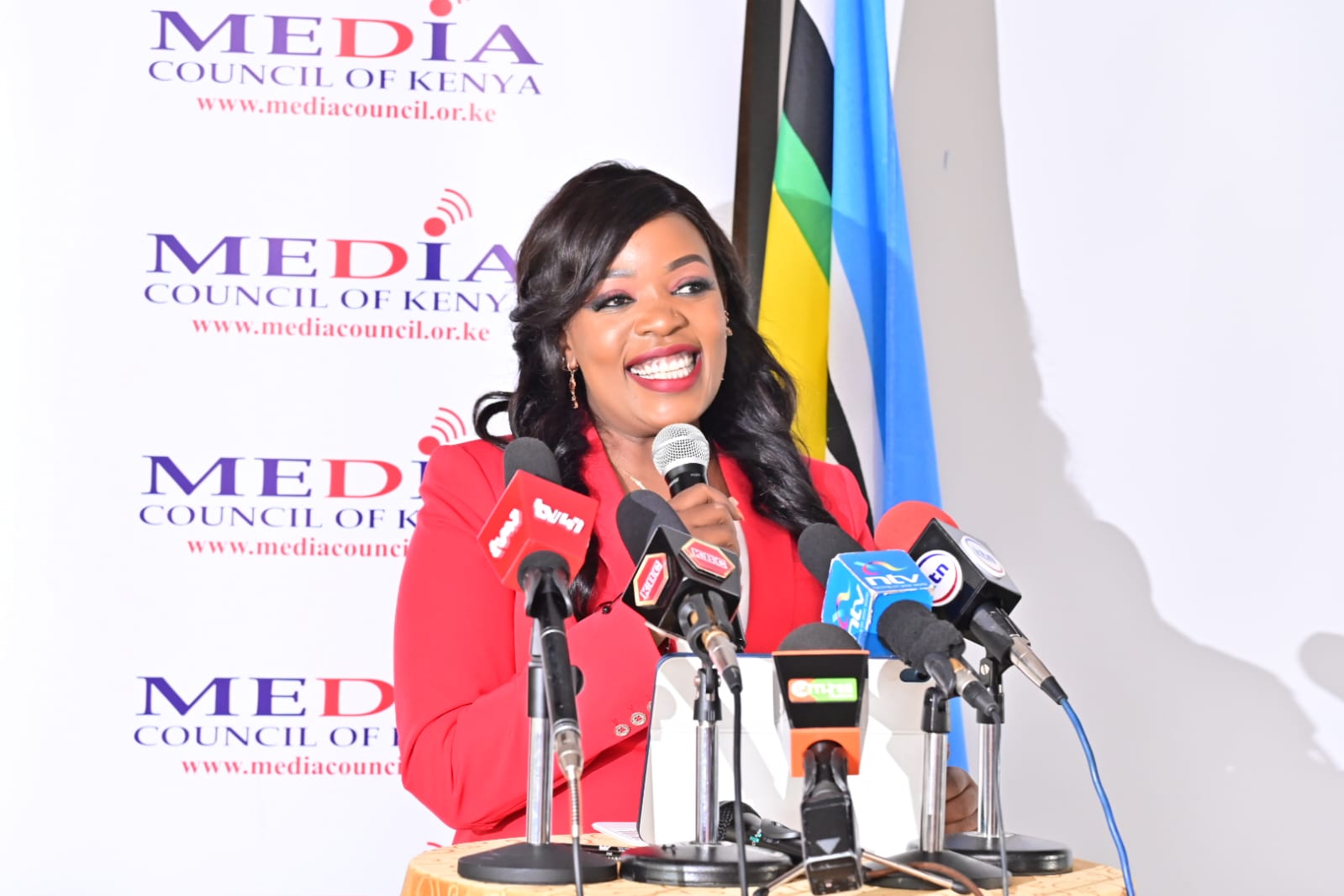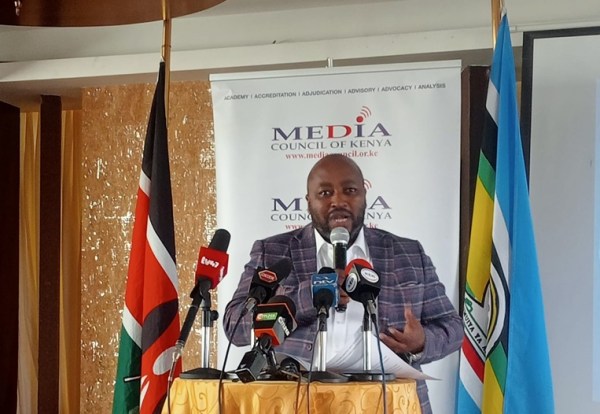
Kenya marks press freedom day, urges reforms
Kenya has joined the globe in commemorating the World Press Freedom Day, with calls for urgent reforms to protect media freedom amid rising threats and challenges linked to Artificial Intelligence.
Speaking in Nairobi during World Press Freedom Day 2025, celebrations themed, “The Impact of Artificial Intelligence on the Media and Press Freedom”, Kenya Editors’ Guild President, Zubeidah Kananu raised alarm over the growing threat Artificial Intelligence (AI) poses to press freedom.
She warned that while AI can be a powerful tool for journalism, it also carries the risk of deepening disinformation, hate speech, and harmful content, eroding public trust in the media.
“In recent days, there have been growing calls to control digital spaces-some driven by concerns about misinformation, hate speech, and harmful content. But we must tread carefully. Kenya already has existing laws which, if properly and fairly enforced, provide a legal framework to address many of these challenges without infringing on constitutional freedoms.” Said Kananu.
Kananu also noted that Kenya already has existing laws, such as the Computer Misuse and Cybercrimes Act, which, if properly and fairly enforced, provide a legal framework to address many of these challenges without infringing on constitutional freedoms saying we don’t need more restrictions, but better enforcement and transparency.
Adding that: “What we need is not more restrictions, but better enforcement, transparency, digital literacy, and stronger content moderation policies developed in consultation with stakeholders-including the media, civil society, and tech platforms.”

On his part, the Kenya Broadcasting Corporation, Editor-in-Chief, Samuel Maina, remarked that professional media is slowly ceding ground to the digital marketplace adding that to remain relevant, we must prioritise ethical journalism.
“We are at a turning point-professional media is slowly ceding ground to the digital marketplace. To remain relevant, we must prioritise ethical journalism, fact-checking and content that serves the public good” EIC Maina noted.
Adding that: “AI may transform how we tell stories, but it must not replace the soul of journalism integrity, context and public accountability. Let us harness innovation without compromising trust or professionalism.”
Speaking at the same forum, the National Police Service (NPS), through its Directorate of Corporate Communications Muchiri Nyaga, underscored the importance of a constructive and collaborative relationship between the police and the press.
He acknowledged the NPS as a key source of public information and reaffirmed the Service’s commitment to supporting journalists in their work.
Nyaga warned that police officers would be held individually accountable for any misconduct toward media practitioners.
At the same time, he reminded the press of their duty to uphold professional ethics, noting that misuse of press freedom to undermine national security would face legal consequences.
